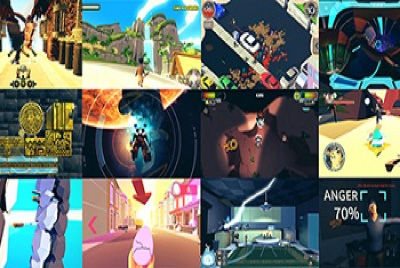7 High-Paying Gaming Career Paths You Can Pursue
- Game Developer: Average salary $85,000-$130,000 annually
- Game Designer: Create gameplay mechanics and user experiences
- 3D Artist: Design characters, environments, and visual assets
- Technical Artist: Bridge art and programming teams
- Game Producer: Manage development timelines and budgets
- QA Tester: Ensure game quality and user experience
- Esports Manager: Oversee competitive gaming operations
The gaming industry offers diverse career opportunities with competitive salaries and creative fulfillment. Many positions offer remote work options and flexible schedules.



